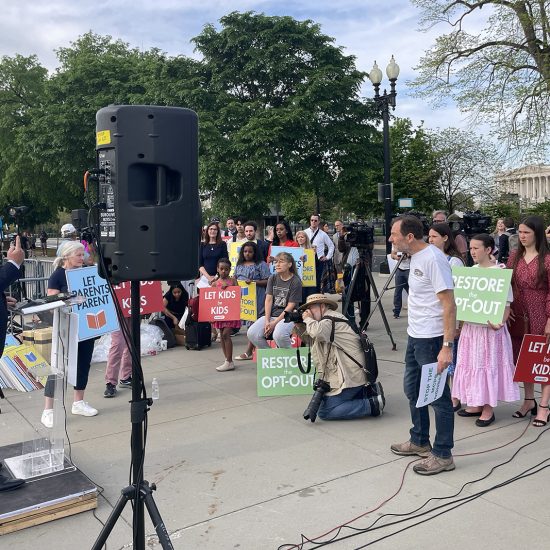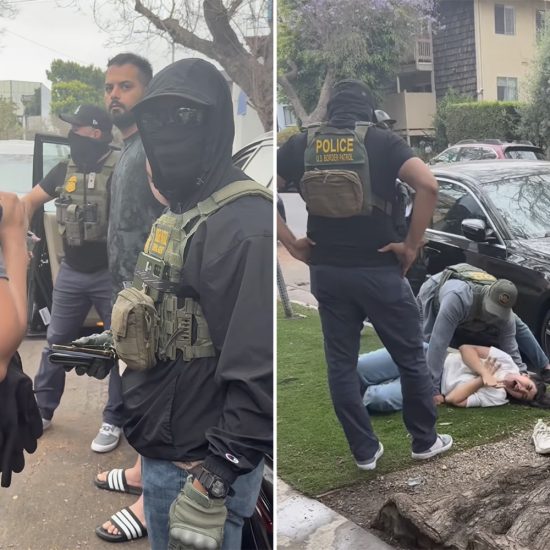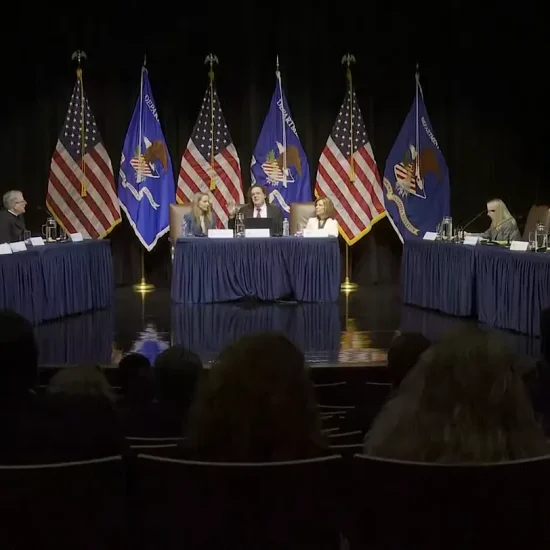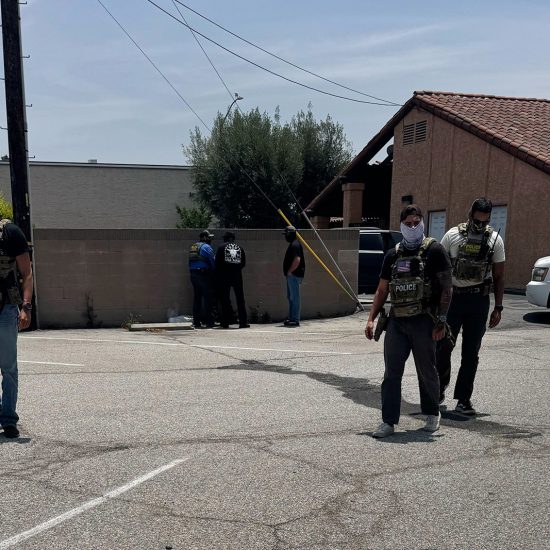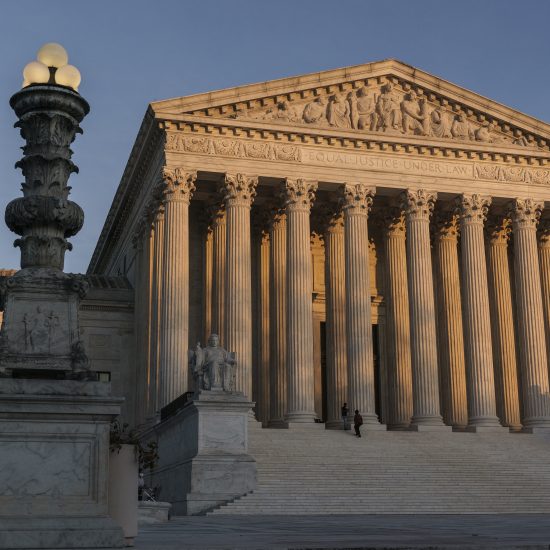The only religious reference in the original U.S. Constitution appears in Article VI: “no religious test shall ever be required as a qualification to any office or public trust under the United States.” Unfortunately, a couple of U.S. Senators recently forgot that civic principle.
 Brian KaylorDuring a confirmation hearing for Russell Vought to serve as deputy director of the White House Office of Management, two Senators pressed Vought to explain a 2016 blog post in which he criticized the “deficient theology” of Muslims since “they do not know God because they have rejected Jesus Christ his Son, and they stand condemned.” Although nothing in his post suggested Muslims should be discriminated against by governmental officials, two Senators criticized him for expressing his theological beliefs.
Brian KaylorDuring a confirmation hearing for Russell Vought to serve as deputy director of the White House Office of Management, two Senators pressed Vought to explain a 2016 blog post in which he criticized the “deficient theology” of Muslims since “they do not know God because they have rejected Jesus Christ his Son, and they stand condemned.” Although nothing in his post suggested Muslims should be discriminated against by governmental officials, two Senators criticized him for expressing his theological beliefs.
Senator Bernie Sanders, an Independent from Vermont who unsuccessfully ran for the Democratic presidential nomination in 2016, started the questioning as he accused Vought of being “Islamophobic” and asked him if he believed Muslims and Jews “stand condemned.” As Vought calmly answered the questions, Sanders interrupted to shout and point his finger at the nominee. Later in the hearing, Senator Chris Van Hollen, a Democrat from Maryland, also criticized Vought’s theology. Sanders and Van Hollen never asked Vought if his religious beliefs would impact decisions as a governmental official, but instead questioned his personal theological beliefs. To his credit, Vought volunteered that he believed all people “are worthy of dignity and respect regardless of their religious beliefs.”
To question Vought on his personal religious beliefs violates Article VI of the U.S. Constitution and the religious liberty rights offered in the First Amendment. If the Senators had asked Vought if he would impose his religious beliefs — such as by denying budget funds to Muslims — that would be fair game, since such as act by a governmental official would violate the First Amendment. But there wasn’t even a suggestion that Vought would act in such an inappropriate manner.
Fortunately, many Baptist leaders quickly spoke out. Amanda Tyler, executive director of the Baptist Joint Committee for Religious Liberty, penned a column declaring, “‘No’ to all religious tests.” Offering her “outrage” at “religious bigotry” in the line of questioning by Sanders and Van Hollen, she called on Baptists and others “to redouble our efforts to defend political pluralism and religious freedom for all.” Russell Moore, president of the Ethics & Religious Liberty Commission of the Southern Baptist Convention, similarly argued the questions violated the Constitutional prohibition against religious tests for office. Although he only criticized Sanders, Moore denounced the “breathtakingly audacious and shockingly ignorant” questions.
While Sanders and Van Hollen may think their efforts show them standing up for the rights of Muslims, they actually hurt the cause of Muslims. By questioning the personal theology of an administration nominee, they helped legitimize religious tests for office. If the theology of a Christian can be questioned, then the theology of any nominee can be questioned — including that of a Muslim.
We’ve seen this type of inappropriate religious test too often. Democrat John Kerry wrongly faced criticism of his Catholic faith when running for president in 2004. Republican Mitt Romney wrongly faced criticism of his Mormon faith when running for president in 2008. Democrat Barack Obama wrongly faced criticism of his Christian faith when running for president in 2008 as people inaccurately claimed he was a Muslim and suggested that such status should disqualify him.
If we promote the religious questioning of our political opponent, we open the door for that same standard to be employed later against ourselves. That’s yet another reason why it’s good to promote religious liberty for all! Democrat John F. Kennedy wisely warned us of this problem as he pushed back against attacks on his Catholic faith during the 1960 presidential election.
“I believe in an America,” Kennedy declared, “where religious liberty is so indivisible that an act against one church is treated as an act against all. For while this year it may be a Catholic against whom the finger of suspicion is pointed, in other years it has been — and may someday be again — a Jew, or a Quaker, or a Unitarian or a Baptist. It was Virginia’s harassment of Baptist preachers, for example, that led to Jefferson’s statute of religious freedom. Today, I may be the victim, but tomorrow it may be you — until the whole fabric of our harmonious society is ripped apart at a time of great national peril.”
To that, let those of us who care about religious liberty shout, “Amen!”
Brian Kaylor is Editor of Word&Way.

